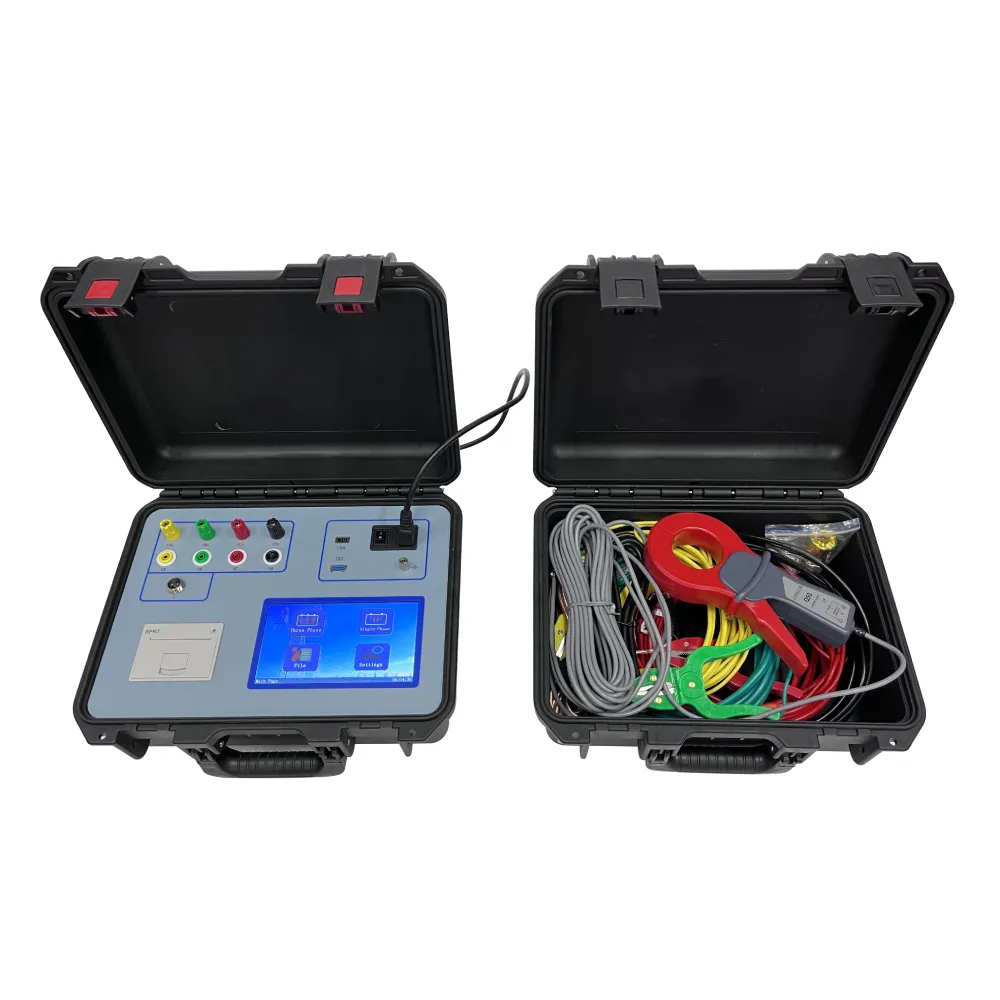 English
English


Understanding the Karl Fischer Method for Analyzing Moisture Content in Various Samples
Understanding the Karl Fischer Test A Key Method for Moisture Determination
The Karl Fischer (KF) test is a highly precise method for determining moisture content in various substances, including solids, liquids, and gases. This analytical technique is named after the German chemist Karl Fischer, who developed it in the 1930s. Since then, the KF test has become a vital tool across various industries, including pharmaceuticals, food, cosmetics, and chemicals, due to its accuracy and reliability.
At its core, the Karl Fischer test is based on a chemical reaction that specifically measures water content. The simplified principle involves the reaction of water with iodine in the presence of a base, typically imidazole, and a solvent such as methanol or a specific KF solvent. The reaction can be summarized as follows
Understanding the Karl Fischer Test A Key Method for Moisture Determination
Where \( \text{I}_2 \) represents iodine, and \( \text{H}_2\text{O} \) signifies water. The endpoint of this reaction is critical for the titration process, indicating that all the water in the sample has reacted. The amount of iodine consumed at the endpoint can then be used to calculate the moisture content in the original sample.
karl fischer test

There are two main types of Karl Fischer titration methods volumetric and coulometric. Volumetric KF titration is suitable for samples containing a relatively high moisture content (typically more than 0.1%), while coulometric KF titration is ideal for trace moisture determination (as low as parts per million). In coulometric titration, iodine is generated in situ through an electrochemical reaction, making it particularly useful for small sample sizes.
One of the major advantages of the Karl Fischer test is its specificity to water. Unlike other moisture determination methods, such as loss on drying or oven drying, which can also measure volatile compounds, the KF test distinctly identifies and quantifies only the water present. This specificity is crucial in industries where precise moisture levels are essential for product stability and quality.
Furthermore, the Karl Fischer test is highly adaptable. It can be employed across a range of matrices, from the aqueous phase in pharmaceuticals to powders in food products, demonstrating versatility in application. The method is also supported by modern instruments that offer automation and enhanced accuracy, thereby increasing efficiency in laboratory settings.
Additionally, while the KF method provides reliable results, it is vital to adhere to specific calibration and maintenance protocols of the equipment to ensure accuracy. Factors such as the purity of the reagents, the condition of the sample, and environmental controls can affect the outcomes. Hence, a robust quality control process is essential when utilizing this technique.
In conclusion, the Karl Fischer test stands as an indispensable tool for moisture measurement in various fields. Its precision, specificity, and versatility make it the go-to method for industries that require strict control over moisture content. With continued advancements in analytical technology, the KF test will likely evolve further, enhancing its capabilities and applications in the quest for higher quality standards and better product formulations.
-
Differences between open cup flash point tester and closed cup flash point testerNewsOct.31,2024
-
The Reliable Load Tap ChangerNewsOct.23,2024
-
The Essential Guide to Hipot TestersNewsOct.23,2024
-
The Digital Insulation TesterNewsOct.23,2024
-
The Best Earth Loop Impedance Tester for SaleNewsOct.23,2024
-
Tan Delta Tester--The Essential Tool for Electrical Insulation TestingNewsOct.23,2024





